Amid mounting tensions between US and China over tariffs, President Donald Trump and Australian Prime Minister Anthony Albanese Monday signed a deal on rare earth minerals at the White House. The agreement aims to boost critical minerals cooperation while confirming Australia’s receipt of nuclear-powered attack submarines. The leaders focused on defence and critical minerals as areas of collaboration against what both describe as an increasingly assertive China.
Albanese said the rare earths agreement would lead to $8.5 billion in critical minerals projects in Australia, elevating bilateral relations. Australia’s deposits of lithium, cobalt, manganese and rare earth metals are essential for semiconductors, defence hardware, electric vehicles and renewable energy technologies. Both governments plan to invest over $1 billion each over the next six months, with the White House citing a combined $3 billion investment.
AUKUS submarines and regional strategy
The leaders also addressed progress on the AUKUS submarine deal, under which Australia will acquire three Virginia-class nuclear attack submarines. Trump assured the vessels were moving forward rapidly, despite earlier reviews under his administration to align the programme with his “America First” agenda.
The AUKUS plan, potentially costing up to $235 billion over 30 years, also includes technology for Australia to build future submarines domestically. The pact followed Australia’s cancellation of a previous multi-billion-dollar deal with France for diesel-powered submarines.
China remained central to discussions. Australia plans a strategic reserve of critical minerals to reduce dependence on Beijing, while Trump has accused China of restricting exports and threatened 155 per cent tariffs in response. The deal reinforces Australia’s role as a US ally in countering China’s influence in the Asia-Pacific region, including Taiwan and the South China Sea.
An awkward moment occurred when Trump addressed former Australian Prime Minister Kevin Rudd, telling him, “I don’t like you either. I don’t. And I probably never will,” after Rudd’s critical social media posts about Trump were highlighted.


)
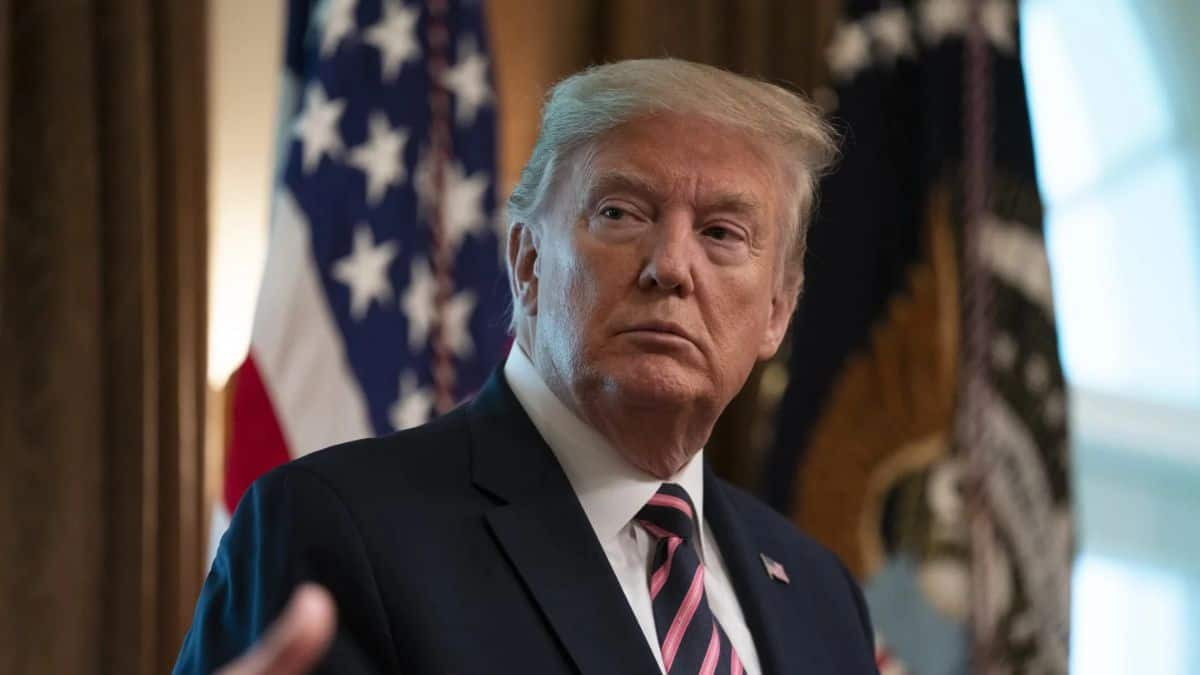
)
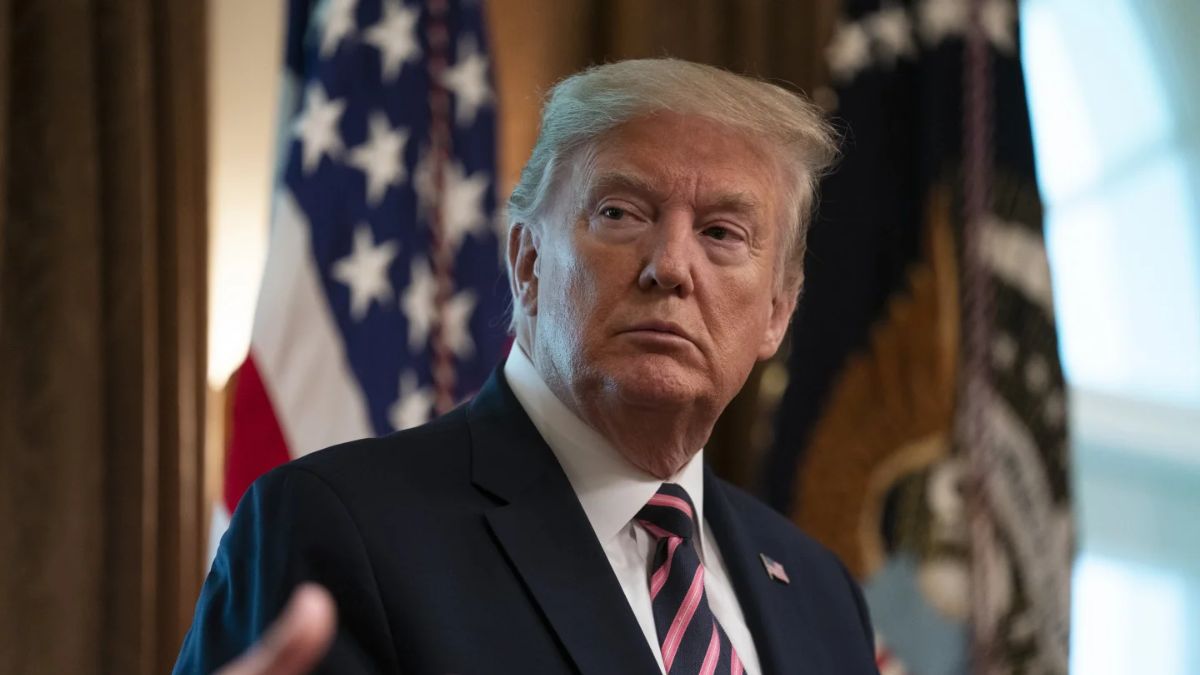)
)
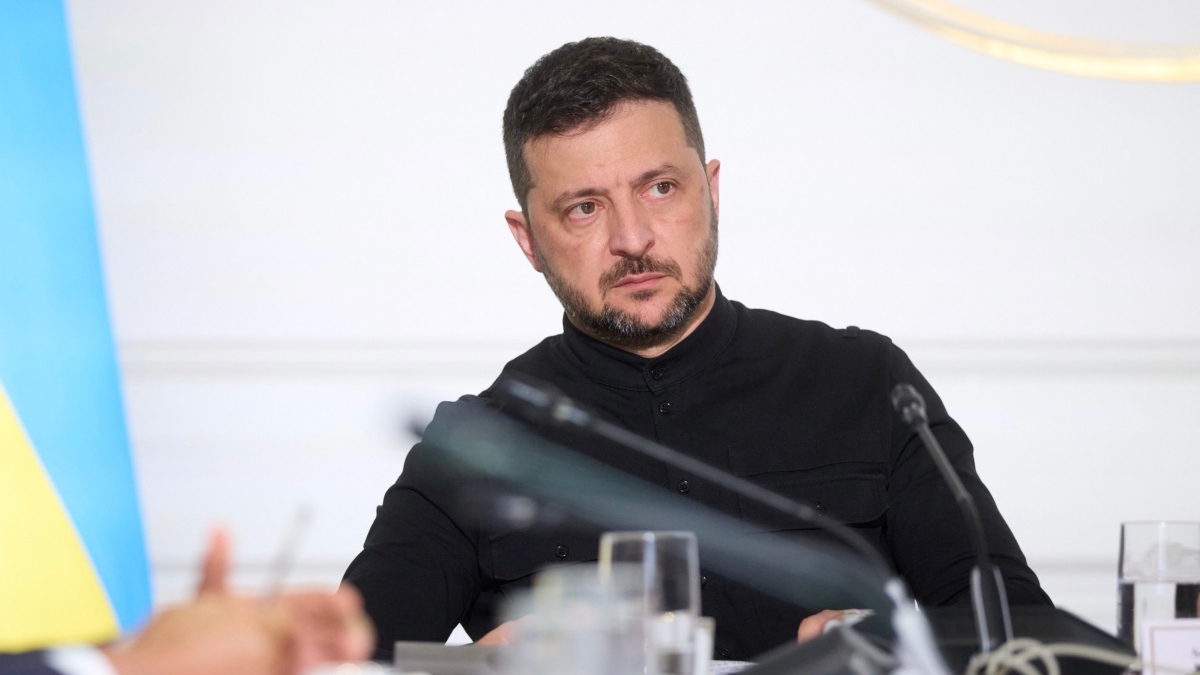)
)
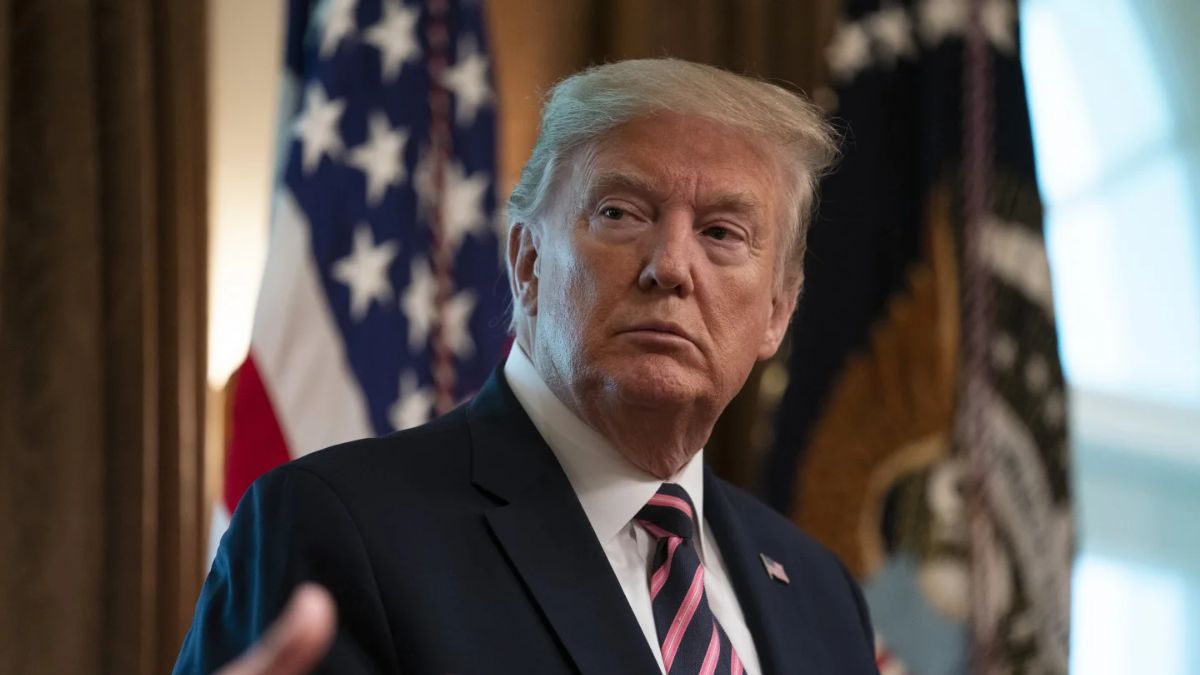)
)
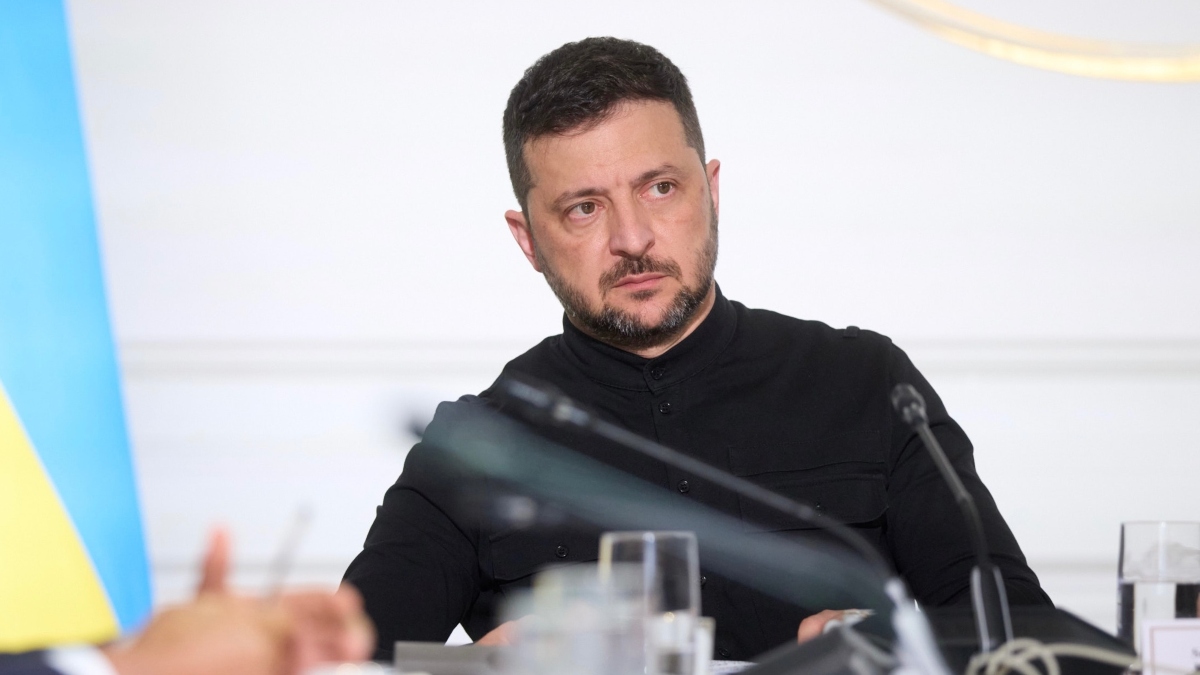)



